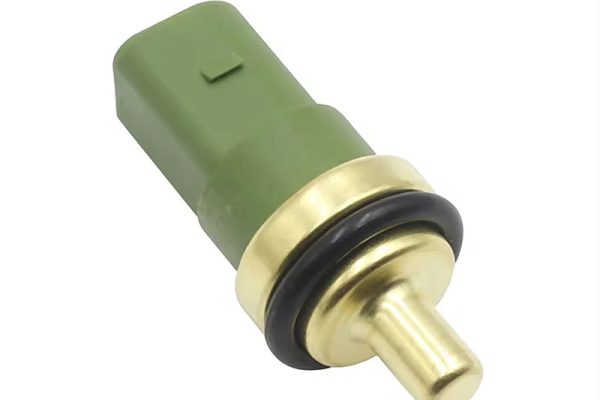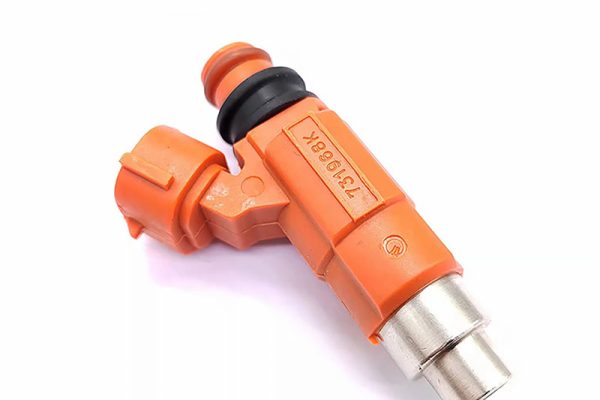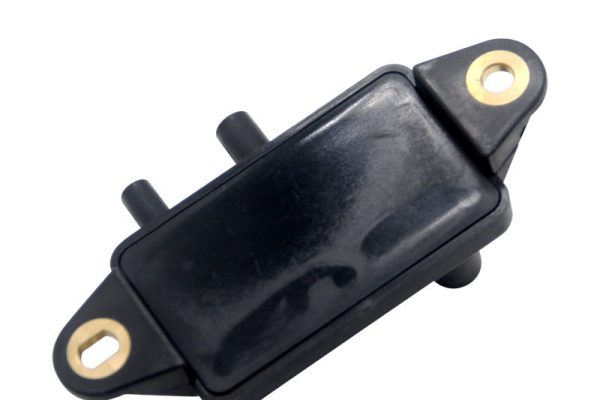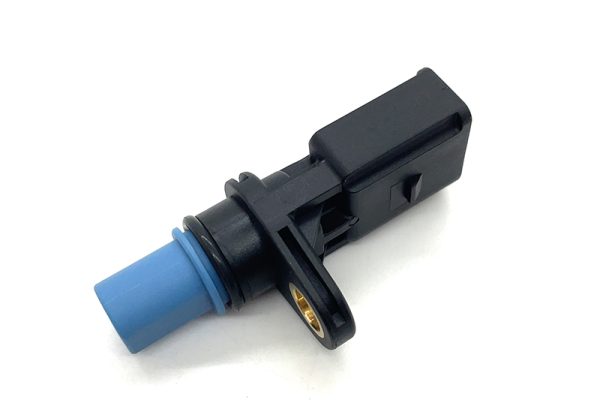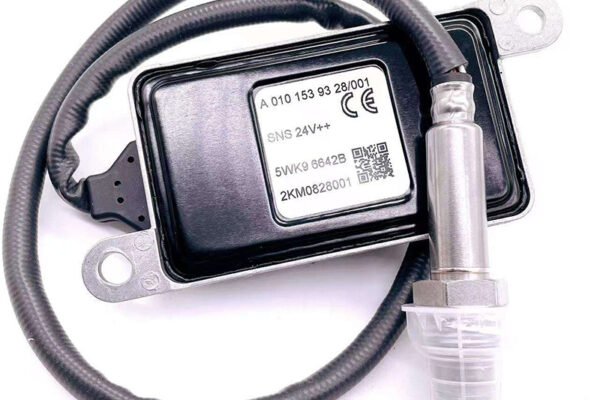Nowadays, cars have become an indispensable means of transportation for people’s daily travel. However, with the increase in the service life of the car and the accumulation of mileage, the cost of maintenance has gradually become the focus of attention of car owners. High maintenance costs will not only increase the economic burden, but also may affect the normal use of the vehicle. Therefore, reducing the cost of automobile maintenance is the goal that every car owner hopes to achieve. Fuel filter, as one of the important parts of the car, its selection and maintenance for the reduction of maintenance costs have a role that can not be ignored.

How to Choose a Durable Fuel Filter
The main function of a fuel filter assembly is to filter impurities and water from the fuel to ensure that the engine can run properly. Choosing a durable fuel filter can start from the following aspects:
- Highly efficient filtration performance: High-quality fuel filters are designed with multiple layers of high-precision filter media, which can efficiently intercept all kinds of impurities, water, and tiny particles in the fuel, with a filtration accuracy of up to several micrometers. This not only helps to prevent problems such as injector clogging and fuel pump wear, but also ensures that the fuel system remains clean, improves combustion efficiency, and extends engine life.
- High-quality materials and durable structure: choose the filter with high-quality metal housing, which has good corrosion resistance and pressure resistance, and can maintain stable performance in harsh working environments, ensuring the long-term reliable operation of the filter. Meanwhile, the internal filter element adopts advanced folding technology to increase the filtration area, improve the dirt-holding capacity, and prolong the service life.
- Suitability: There are significant differences in the fuel system design of different car models, which have different technical requirements for the fuel filter size, interface form, installation method, and internal filter element structure. Choosing a fuel filter that matches the vehicle model perfectly not only ensures smooth installation, but also ensures that the filter works closely with the fuel system to achieve the best filtration effect.
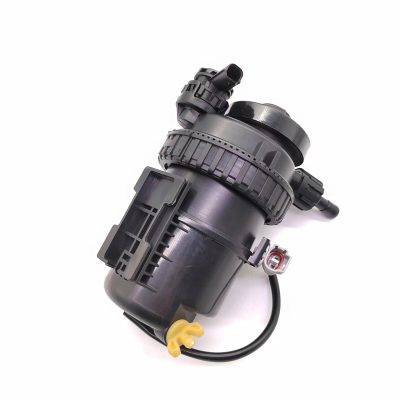
Cost comparison of OEM vs. sub-factory fuel filters
1. Characteristics of OEM Fuel Filters
OEM (Original Equipment Manufacturer) fuel filters are filters that are specified by the automobile manufacturer and usually match the original design and manufacturing standards of the vehicle. These filters are usually of high quality and offer the best protection for the vehicle, and OEM filters are manufactured to the vehicle manufacturer’s standards to ensure perfect compatibility with the vehicle’s fuel system, thus minimizing engine failures due to filter problems. However, OEM filters are more expensive, primarily due to the higher production costs and brand name value added. OEM filters are preferred by vehicle owners who demand the highest level of performance and reliability from their vehicles.
2. Characteristics of the Secondary Fuel Filter
In contrast, a sub-factory fuel filter is a filter produced by a non-OEM and is relatively inexpensive. However, by-product filters are not necessarily inferior in quality to OEM filters. Many high-quality by-product fuel filters utilize advanced technologies, such as multi-layer filter media and folding technology, to effectively filter impurities, water, and small particles from the fuel to within a few microns, ensuring that the fuel entering the engine is pure and free of contaminants. In addition, the sub-factory filters also have strong versatility and can be adapted to a wide range of brands and models of vehicles, whether it is an ordinary family car, SUV, or large trucks and buses, you can find the right filter products.
| OEM Fuel Filter | Secondary Fuel Filter | |
| Quality Assurance (QA) | High, strict adherence to automaker standards | General, quality varies greatly by brand |
| Adaptability | Perfectly compatible with vehicles, specialized for vehicles | Versatile and adaptable to a wide range of makes and models |
| Prices | High, including brand added value | Low, cost-effective |
| Universality | Vehicle-specific, best fit | Adaptable to a wide range of vehicles with high versatility |
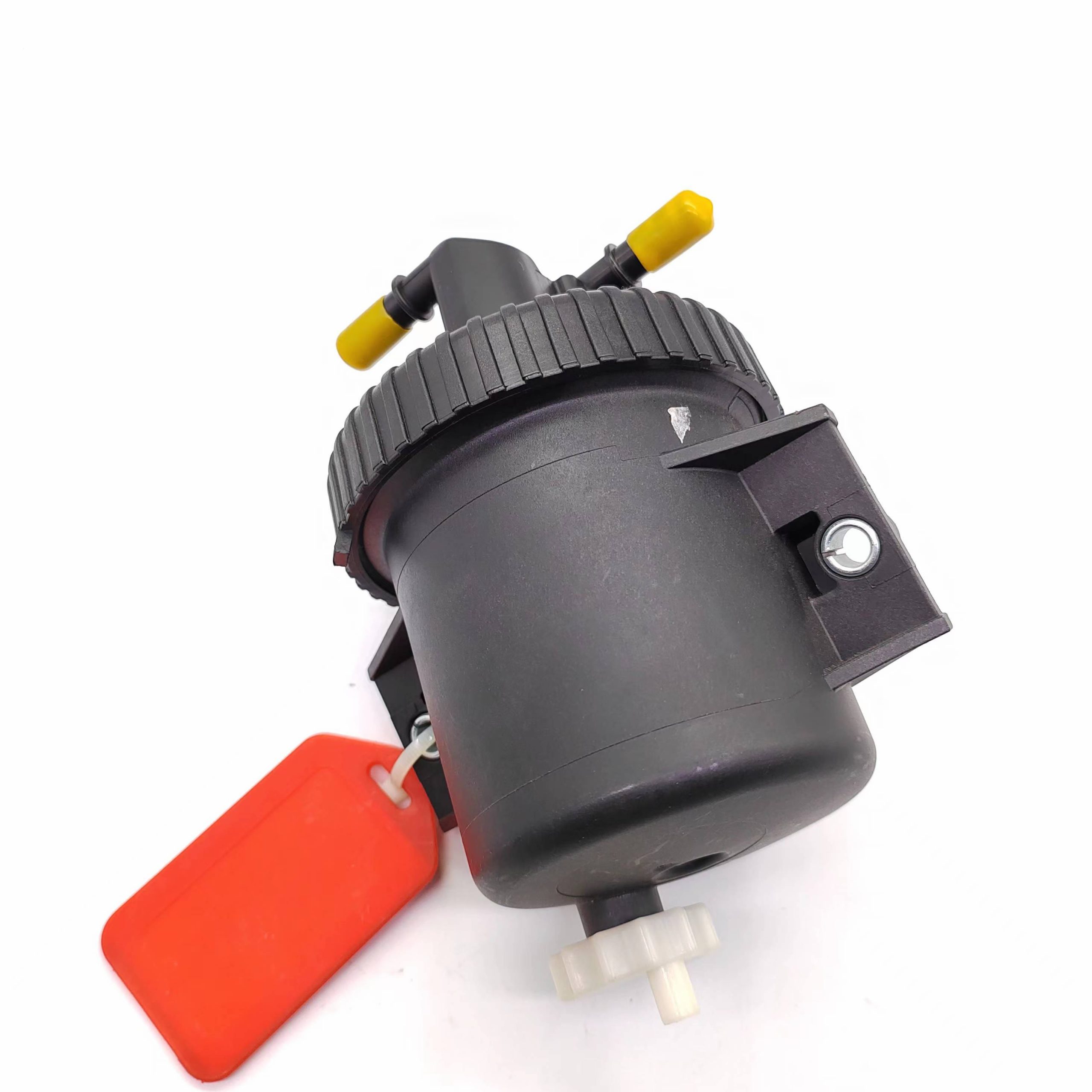
Regular inspection and maintenance
Regular inspection and maintenance of fuel filters is a key part of reducing automotive repair costs. Regularly checking the appearance and working condition of the filter can timely find out whether the filter is clogged or damaged. If the filter is clogged, it will lead to insufficient fuel supply, reduced engine power, and may even cause engine failure. Therefore, there are the following recommendations:
- Vehicle owners change the fuel filter regularly according to the usage of the vehicle and the manufacturer’s recommendations. Generally speaking, fuel filters should be replaced at intervals of 20,000 – 30,000 kilometers or 1 – 2 years, which can be adjusted according to the actual usage of the vehicle and fuel quality.
- Regular maintenance of the vehicle’s fuel system, such as cleaning the fuel nozzles and checking the fuel lines, will also help to improve the efficiency of the fuel system and reduce the burden on the fuel filter, thus extending its service life and lowering maintenance costs.
Conclusion
Reducing the cost of automobile maintenance is a systematic problem that needs to start from many aspects. The selection and maintenance of fuel filters is one of the most important aspects. By choosing a durable fuel filter, rationally selecting OEM or sub-factory filters, as well as regular inspection and maintenance, long-term maintenance costs can be effectively reduced under the premise of ensuring automobile performance and safety. When choosing a fuel filter, vehicle owners should make a rational choice based on their actual situation and needs, taking into account factors such as quality, price, and service life. By virtue of its efficient filtration performance, durable structure, and wide range of adaptability, the sub-factory fuel filter has obvious advantages in terms of cost-effectiveness, and can provide an affordable and reliable solution for vehicle owners.
FAQ
A fuel filter removes impurities, moisture, and fine particles from fuel before it enters the engine. This ensures optimal engine performance and prevents internal damage.
Yes. For example, some high-quality aftermarket fuel filters use advanced multilayer filtration materials and durable structures that meet or even exceed industry standards. Many provide comparable performance to OEM parts at a more cost-effective price.
It is generally recommended to replace your fuel filter every 20,000 to 30,000 kilometers or every 1–2 years, depending on your driving conditions and fuel quality. Regular maintenance ensures optimal performance and fuel efficiency.


